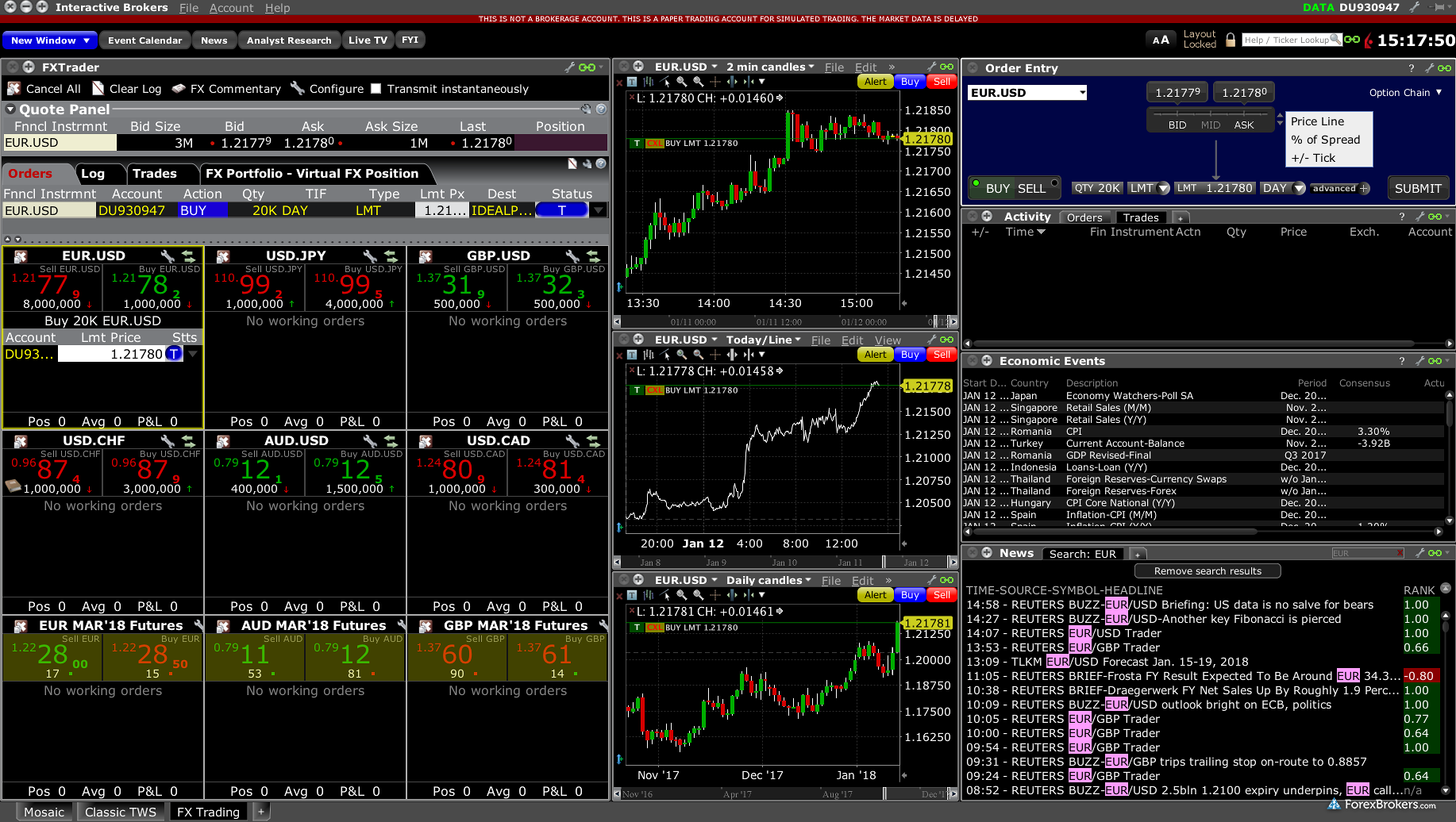Forex Psychology Insights: Mindset for Trading and Discipline

Forex market dealings is not just about figures, charts, and economic indicators; it is also a profoundly psychological journey that tests the emotional resilience and self-control of traders. As the biggest trading arena in the world, Forex offers vast chances, but with these opportunities come substantial risks. Understanding the psychology behind trading is crucial for both new and novice and experienced traders, as it plays a vital role in making choices, implementing strategies, and ultimately, success or setbacks in the trading arena.
Many beginners dive into Forex trading with a thirst for fast gains, often neglecting the psychological self-regulation required to manage this complex landscape. This article aims to explore the multi-layered psychology of Forex trading, highlighting the importance of mindset, emotional control, and strategic planning. We will discuss multiple key aspects, from the importance of leverage and managing risk to the impact of financial news on exchange rates, ensuring that you not only develop effective trading strategies but also foster a mental framework geared for long-term success in the Forex market.
Comprehending Forex Fundamentals
Foreign exchange, or currency exchange, is the international marketplace for exchanging national currencies in opposition to one another. It functions 24 hours a day, five days a week, and is the most expansive financial market in the world, surpassing stock markets in terms of volume. With an average daily trading volume greater than six trillion dollars, the Forex market holds a crucial role in the worldwide economy, facilitating businesses and individuals to exchange one currency into another quickly.
At its heart, Forex trading involves currency pairs, where one currency is traded for another. Key pairs include the most commonly traded currencies like the US dollar, Euro, and Japanese yen. Grasping the distinction between big, small, and exotic currency pairs is essential for traders to move through the market successfully. Each pair's exchange rate fluctuates based on diverse factors, including financial indicators, political events, and market sentiment.

To thrive in Forex, one must grasp the core principles, including how to analyze Forex charts, the importance of leverage, and effective risk management strategies. These foundations form the foundation for carrying out sophisticated trading strategies and developing a disciplined trading mindset. Proficiency of these components is critical for both new and seasoned traders, as it affects their ability to make informed decisions and achieve long-term prosperity in the ever-changing world of Forex trading.
Trading Tactics and Techniques
When diving into the world of Forex, creating effective trading strategies is vital for long-term success. One of the the popular approaches is day trading, which includes making multiple trades within a solitary day to capitalize on immediate market fluctuations. Traders who adopt this strategy need to be very disciplined and have a firm grasp of trends in the market, as they make quick decisions based on live data. This technique can be intense, requiring both technical skills and psychological strength.
In contrast, swing trading offers a alternative flavor, allowing traders to hold positions for multiple days or even extended periods to benefit from expected price shifts. This strategy suits those who may not have the time to watch the market constantly. Swing traders often rely on chart analysis, utilizing charts and indicators to recognize potential entry and exit points. The key is to find the appropriate balance between analyzing trends and managing risk, which can lead to consistent profits over time.
Finally, the importance of leverage cannot be overlooked in Forex trading. While leverage can enhance gains, it also amplifies the risk of significant losses. Successful traders must strike a balance, employing leverage wisely to enhance their trading strategies while avoiding excessive risk. Understanding how to manage financial leverage properly while incorporating it into trading plans is vital for creating a sustainable Forex career.
Psychological Aspects of Forex Trading
The psychological environment of Forex trading is crucial to a trader's success. Emotional conditions such as fear and greed can significantly influence decision-making processes. The fear of losing money can cause traders to leave positions too soon, while excessive greed might encourage them to take unwarranted risks. A strong understanding of these feelings allows traders to maintain self-control and make more rational decisions, thereby improving their overall trading performance.
Another important factor is the tendency to become excessively confident after a series of successful trades. This phenomenon, often referred to as the overconfidence effect, can cause traders to take bigger risks without appropriate risk management measures. Keeping a well-rounded perspective and acknowledging the intrinsic unpredictability of the Forex market are vital for continuous success. Building mental resilience through strict trading practices can help reduce the effects of overconfidence.
Finally, self-reflection and the keeping of trading journals play a crucial role in cultivating a winning trading mindset. Keeping Hop over to this website of trades not only helps in analyzing past performances but also enables traders to identify psychological triggers and patterns. This self-awareness fosters continuous improvement and aids in adopting better strategies and risk management techniques. By understanding their thought processes and behaviors in trading situations, traders can boost their psychological fortitude and overall efficacy in the Forex market.
